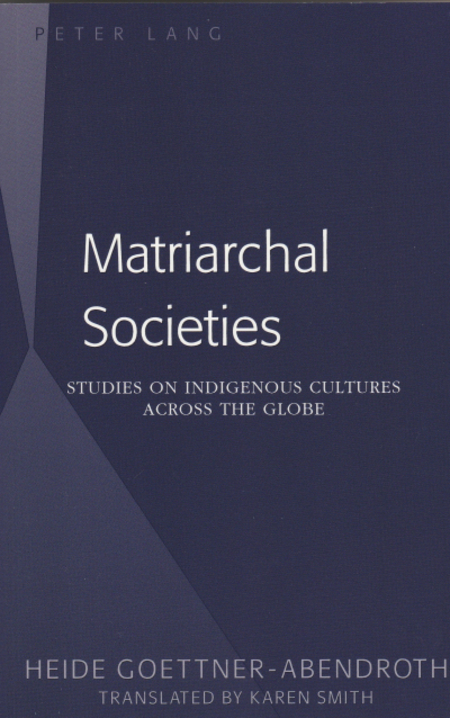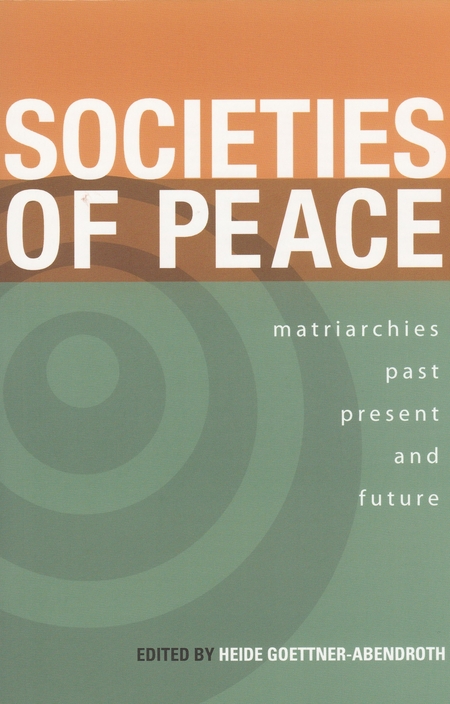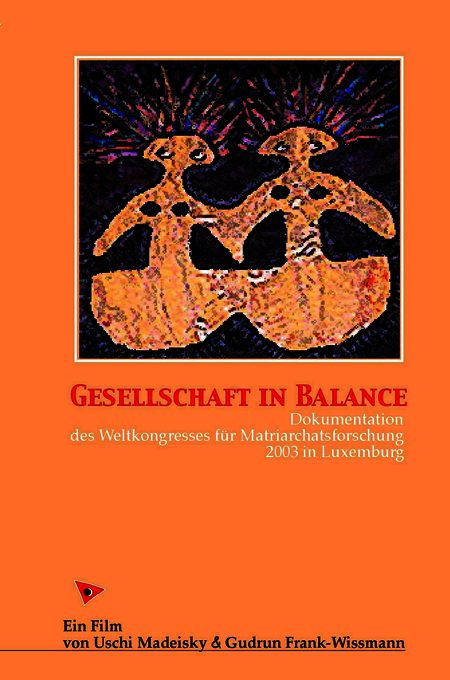Matriarchal Studies
Matriarchies are the subject of Modern Matriarchal Studies, which investigates and presents matriarchal societies found all over the world. These investigations focus not only on the past, but also pay attention to still existing societies with matriarchal patterns in Asia, Africa, the Americas, and the Pacific area. Contrary to common belief, none of these is a mere reversal of patriarchy. Rather, they are all gender-egalitarian societies, and many of them are fully egalitarian. This means they have no hierarchies, classes nor domination of one gender by the other.
The traditional research on matriarchy didn’t have a really scientific foundation because of the lack of a clear definition of this type of society, and because of a lot of patriarchally biased presuppositions which distorted its findings. This absence of scientific rigor opens up the door to the emotional and ideological, i.e. sexist and racist entanglements that have been a burden for this socio-cultural science from the very beginning. Patriarchy itself has not been critically considered in the treatment of this subject, while stereotypical views of women – and a neurotic fear of women’s alleged power – has often confused the issues.
Over the past few decades matriarchal studies have been undergirded with a scientific foundation, developed by Heide Goettner-Abendroth, thus making way for Modern Matriarchal Studies.
This enterprise differs in several ways from the previous matriarchal studies:
- it articulates a specific and comprehensive definition of terms,
- it uses an explicit methodology,
- it presents a systematic criticism of the ideological patriarchal bias that characterizes existing social and cultural sciences.
In this way a new socio-cultural science has been created, one that represents a new paradigm. The central tenet of this paradigm is that women have not only created society and culture over long periods of human history, but that all subsequent cultural developments originated there.
At three World Congresses on Matriarchal Studies, organised by International Academy HAGIA and guided by Heide Goettner-Abendroth, these largely misunderstood societies were presented to a wider public. In 2003, the first World Congress on Matriarchal Studies titled SOCIETIES IN BALANCE took place in Luxembourg/Europe. The second World Congress on Matriarchal Studies, titled SOCIETIES OF PEACE, was held 2005 at the Texas State University of San Marcos/U.S., it was co-organized by the Center for the Study of the Gift Economy. The third one was dedicated to Matriarchal Politics and took place in 2011 in Switzerland. These congresses brought together international scholars and indigenous researchers from many of the world’s still existing matriarchal societies They spoke not only about the matriarchal patterns their societies have preserved, but also about the societal and political problems that colonization and missionization have caused to their communities. In this way, they corrected the distorted perspective often held by non-indigenous peoples.
Read more in:
The complete work of Heide Goettner-Abendroth with all his parts is collected at the MatriArchiv.




